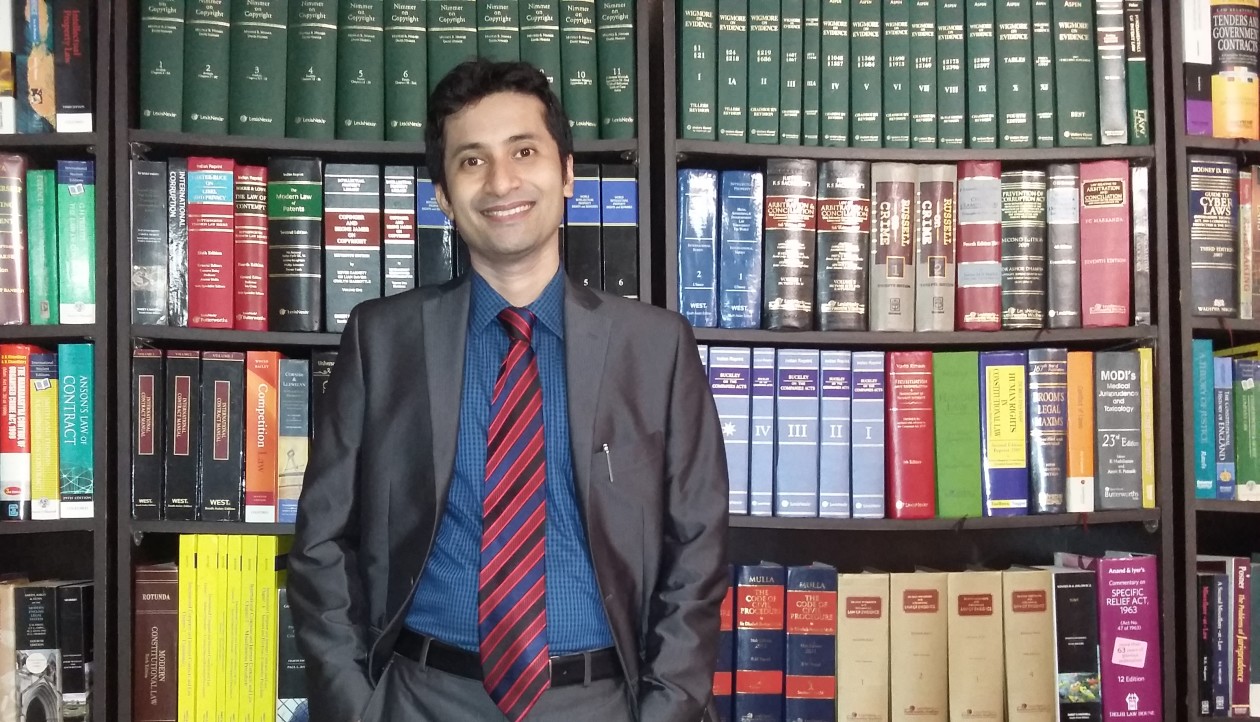After a long and tortuous wait for more than 25 long years, justice has been finally delivered to tens of thousands of victims of Hissène Habré. The case moved from domestic to regional to International Court of Justice and was finally decided by an African court formed specially for this trial, the Extraordinary African Chambers, with its seat in Dakar, the capital city of Senegal on May 30, 2016. Hissène Habré was President of the Republic of Chad from 1982 to 1990 when he was deposed by Idriss Déby Itno. Habré has been living in exile in Senegal ever since. Habré was first indicted by a Senegalese judge in 2000 when a group of Chadian victims filed a complaint against Habré in Senegal. But the appellate courts dismissed the case on the ground that Senegalese courts lacked competence to try crimes committed abroad.
Some Habré victims who were Belgian citizens of Chadian origin, then filed a case against Habré in Belgium in 2000. The Belgian authorities investigated the case for four years and in 2005 the Belgian investigating judge issued an international warrant in absentia for the arrest of Habré, indicted as the perpetrator or co-perpetrator, of serious violations of international humanitarian law, torture, genocide, crimes against humanity and war crimes, on the basis of which Belgium requested the extradition of Habré from Senegal. But in November 2005, the Chambre d’accusation of the Dakar Court of Appeal ruled against Belgium’s extradition request, holding that as a court of ordinary law it could not extend its jurisdiction to matters relating to the investigation or prosecution of a Head of State for acts allegedly committed in the exercise of his functions.
In July 2006, the African Union called on Senegal to prosecute Habré on behalf of Africa before its own courts. Senegalese law was amended to give the country’s courts explicit universal jurisdiction over international crimes, including torture and crimes against humanity. Then the Court of Justice of the Economic Community of West African States (ECOWAS) ruled that Habré should be tried before a “special ad hoc procedure of an international character.” But Senegal again withdrew from the negotiations.
Then Belgium bought the matter before the International Court of Justice which found that the Republic of Senegal, by failing to make immediately a preliminary inquiry into the facts relating to the crimes allegedly committed by Habré and also by failing to submit the case of Habré to its competent authorities for the purpose of prosecution, had breached its obligation under the United Nations Convention against Torture and Other Cruel, Inhuman or Degrading Treatment or Punishment. It thus held that the Republic of Senegal must, without further delay, submit the case of Habré to its competent authorities for the purpose of prosecution, if it does not extradite him. The new Senegalese government of Macky Sall (after the ouster of the Abdoulaye Wade who was considered as shielding Habré from prosecution) reacted quickly to the ICJ judgment and negotiations resumed between Senegal and the AU which lead to an agreement to create the Extraordinary African Chambers to conduct proceedings within the Senegalese judicial system. The Extraordinary Chambers were then instituted in Dakar.
The process before the Extraordinary African Chambers was governed by its own Statute and the Senegalese Code of Criminal Procedure. The chambers have four levels. It consists of an Investigative Chamber with four Senegalese investigative judges, an Indicting Chamber of three Senegalese judges, a Trial Chamber, and an Appeals Chamber. The Trial Chamber and the Appeals Chamber each have two Senegalese judges and a president from another African Union member state.
On 16 February 2015, the Court charged Habré with the crimes of torture, homicide, executions, illegal detention, breach of physical integrity, torture, and abduction of civilians. There were various allegations including the repression of political opponents, the population in the the south, the Hagarai, and the Zagawa. After Habré took power, he began to undertake mass arrests. Initially, these were carried out against political opponents but later any Chadian citizen suspected of being part of the opposition was arrested. A 1992 Chadian Truth Commission accused Habré’s government of systematic torture and said that 40,000 people died during his rule. Most abuses were carried out by his political police, the Documentation and Security Directorate (DDS). This included extrajudicial arrests and interrogations conducted by the DDS and the BSIR, followed by incarceration in N’Djamena in DDS prisons where systematic torture was undertaken.
The Court held that there were attacks against the civil population in Chad constituting the crime of torture and crimes against humanity. Also women were forced to have sexual relationships with the DDS officers, prisons authorities, and soldiers of the BSIR which amounted to torture, rape, and crimes against humanity. There were also crimes against humanity for sexual slavery regarding the offenses in the camps. The Court thus found Habré guilty of the crimes against humanity of rape, forced slavery, murder, mass executions, kidnapping and disapearing, torture and the autonomous crime of torture. It further found him guilty of war crimes of murder, torture, inhuman treatments and illegal detention. He has been awarded life imprisonment. It is for the first time that an African Union backed court had tried and convicted a former ruler for human rights abuses.
